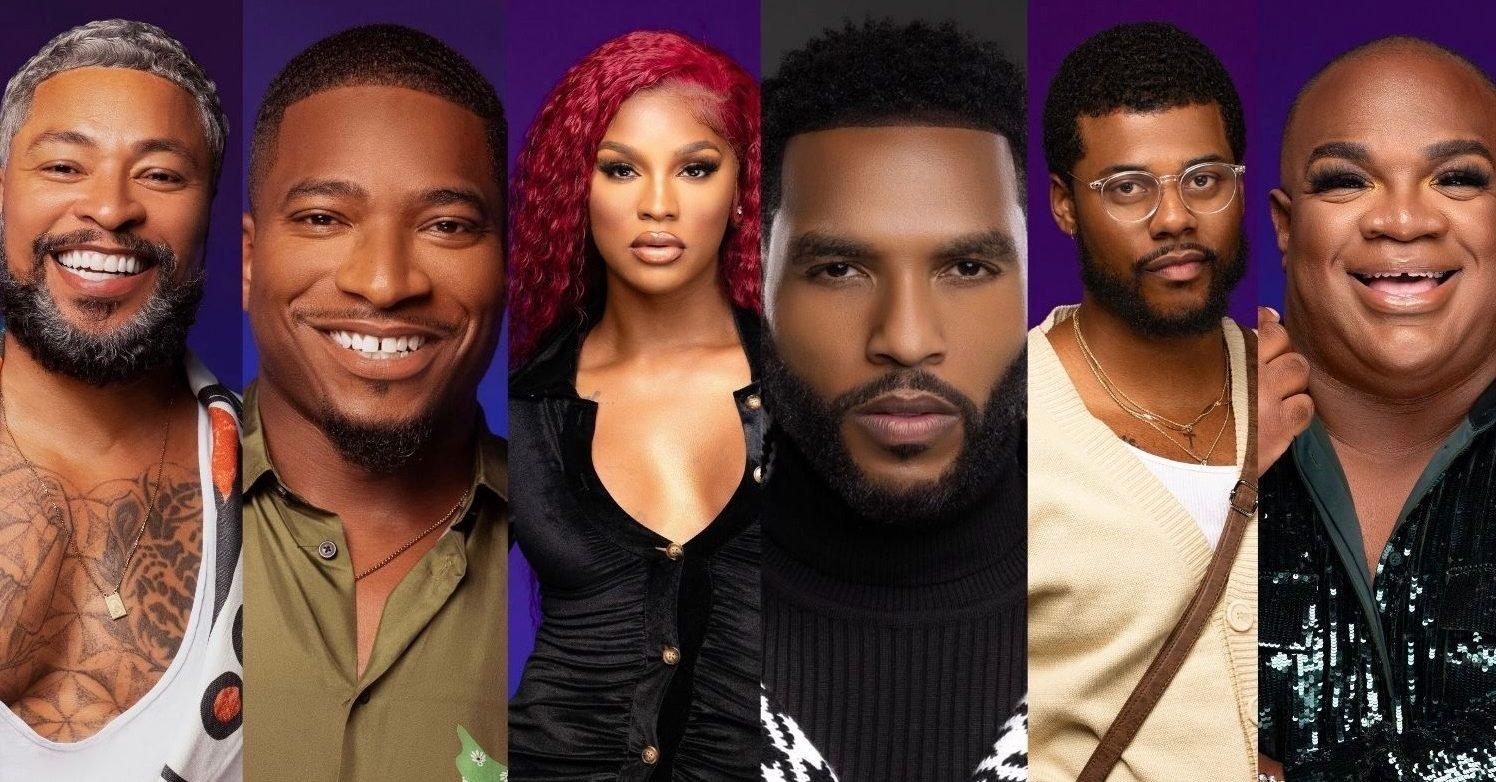Published
1 year agoon

“Light Up,” directed by Ryan Ashley Lowery, is a compelling 90-minute documentary that takes an intimate look into the lives of five individuals from the LGBTQ+ community who have found strength and empowerment through embracing their authentic selves. The film highlights the stories of same-gender-loving men and a transgender woman who, by living their truth, have not only made their lives better.
The documentary delves deep into the personal journeys of its subjects, each of whom has faced significant challenges in their quest for self-acceptance and societal recognition. Through their stories, “Light Up” sheds light on the broader struggles of the LGBTQ+ community, particularly the fight for acceptance in a world that often judges harshly based on sexual orientation and gender identity.
One of the film’s most poignant narratives is that of Benjamin Carlton, a gay Black man who is also a minister. Carlton’s story is a powerful exploration of the internal conflict that arises when one’s identity clashes with religious teachings. He shares candidly about how his realization that he might be gay drove him to immerse himself in church activities, eventually leading to his ordination as a minister. However, despite his deep involvement in the church, engaging in sexual acts with the same sex initially made him feel “dirty, wrong, bad, and like a deviant.”
It wasn’t until Carlton publicly acknowledged his sexuality that he began to shed the burden of living a double life, casting judgment on others who were just like him. His journey towards self-acceptance is beautifully encapsulated in this quote that he shares in the film, “The greatest deliverance you can ever have is from the opinions of people.”
Carlton’s story is a testament to the liberating power of living authentically, even when confronting deeply ingrained beliefs. In the film, we are shown the impact his coming out publicly as a gay minister had. From the social media outroars to the immense support and encouragement he receives from some celebrities and notable persons.
Simone Tisci, a transgender woman, also shares her story with a raw honesty that is both heartbreaking and inspiring. Growing up as a boy, Simone lived in denial about her true identity, compounded by the judgment she faced from her mother, a figure she never expected to condemn her. It wasn’t until she moved to Atlanta where she discovered the ‘Ballroom scene’ that she found a community where she felt truly accepted. She shares how being part of a ‘house’ gave her acceptance and the confidence to embrace her sexuality.
Simone’s decision to transition and embrace her identity as a transgender woman is a powerful example of the courage it takes to live one’s truth, despite the fear of rejection from those closest to you. To her she is living her best life, a life that she doubts would have been possible if she kept living a lie and not embracing who she is.
Another key figure in “Light Up” is Octavius Terry, who reflects on his time as a college track athlete and the immense pressure he felt to hide his sexuality from his teammates. Terry’s struggle resonates with many LGBTQ+ individuals who have faced similar fears of being ostracized. He paints a clear enough picture of how successful he was as a college athlete running track and even getting to compete for America at the World Championships in Athletics. We also learn about his transition from sports to the fashion world and how it took the support of persons from the LGBTQ+ to help grow his business.
The documentary also features Celebrity Hair Stylist Derek Jae and actor and influencer Obio Jones. Derek Jae, known for his work on the reality TV show “Fashion Queens,” shares his experiences navigating the entertainment industry as a gay man. Obio Jones, on the other hand, highlights the importance of subtly hinting at his sexuality in social situations to gauge whether he is welcome or needs to leave. This cautious approach underscores the ever-present tension that many LGBTQ+ individuals feel when entering new spaces and how they are forced to deal with such adversity.
“Light Up” also attempts to explore the complex relationship between religion, specifically Christianity and the LGBTQ+ community. The film does not shy away from discussing the discrimination and condemnation that often push LGBTQ+ individuals away from faith. Yet, it also offers a hopeful perspective, with subjects like Benjamin Carlton and Obio Jones discussing how embracing their sexuality has actually brought them closer to God and strengthened their faith.
The film touches on mental health, particularly in relation to Black men. It presents sobering statistics that highlight the disparities in mental health care access, reminding viewers of the importance of taking mental health seriously. For instance, “Roughly 25% of Black Americans seek mental health care, compared to 40% of White Americans,” a report by McLean Hospital, a Harvard Medical School teaching affiliate captured in the film.
“Light Up” may not resonate with everyone, but it carries important messages about inclusivity, self-love, and the power of living authentically. It is a film that pushes the idea that success begins with accepting who you are and believing in yourself. By sharing the stories of individuals who have found success and happiness by embracing their true identities, “Light Up” offers a powerful narrative of resilience and empowerment.
I would score this documentary film 3.5 out of 5 stars. While it may have limited appeal outside the LGBTQ+ community, its positive messages and the courage of its subjects make it a film worth watching.
Second on my list of addictions is Movies.. the only thing I could possibly love more is my Dearest Waakye lol. Nothing else does a better job of reminding me that ANYTHING is possible with the right amount of effort. I have great eye for details and flaws in scripts. Shallow scripts bore me. I am an avid reader. Your everyday Mr Nice guy. Always the last to speak in a room full of smart people. Half Human, half Martian but full MOVIE FREAK.














